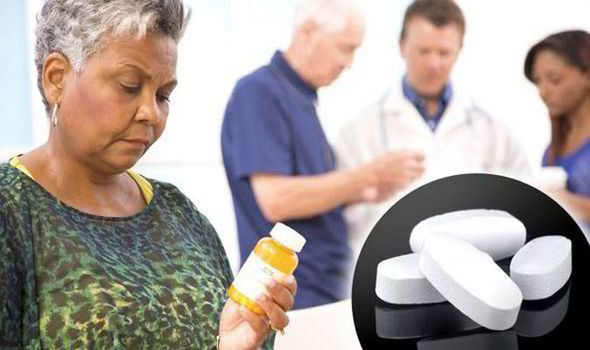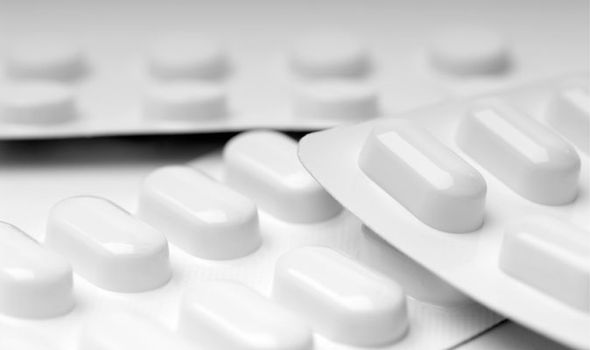U.S. regulators release update to mercury in fish advice
WASHINGTON Tue Jun 10, 2014 10:48am EDT
(Reuters) - U.S. regulators on Tuesday released a long-awaited draft update to its advice on the amount and type of fish that people should consume, for the first time recommending a minimum amount of low-mercury fish while cautioning against swordfish, shark, king mackerel and tilefish from the Gulf of Mexico.
The update by the Food and Drug Administration and Environmental Protection Agency is the first in a decade and provides greater specificity about the amount of fish that should be consumed, including tuna.
The advice, which is subject to public comment before becoming final, has been eagerly awaited by scientists and advocacy groups who argue that exposure to mercury may be dangerous at lower levels than previously thought.
The FDA and EPA recommended that people eat eight to 12 ounces of a variety of fish each week, choosing fish that are lower in mercury such as salmon, shrimp, pollock, light canned tuna, tilapia, catfish and cod.




 Reply With Quote
Reply With Quote






 A trial involving 290 heart attack patients has shown that taking just one 100mg tablet before going to bed was more effective than taking it in the morning Photo: ALAMY
A trial involving 290 heart attack patients has shown that taking just one 100mg tablet before going to bed was more effective than taking it in the morning Photo: ALAMY





 GETTY
GETTY




 )
)



Bookmarks